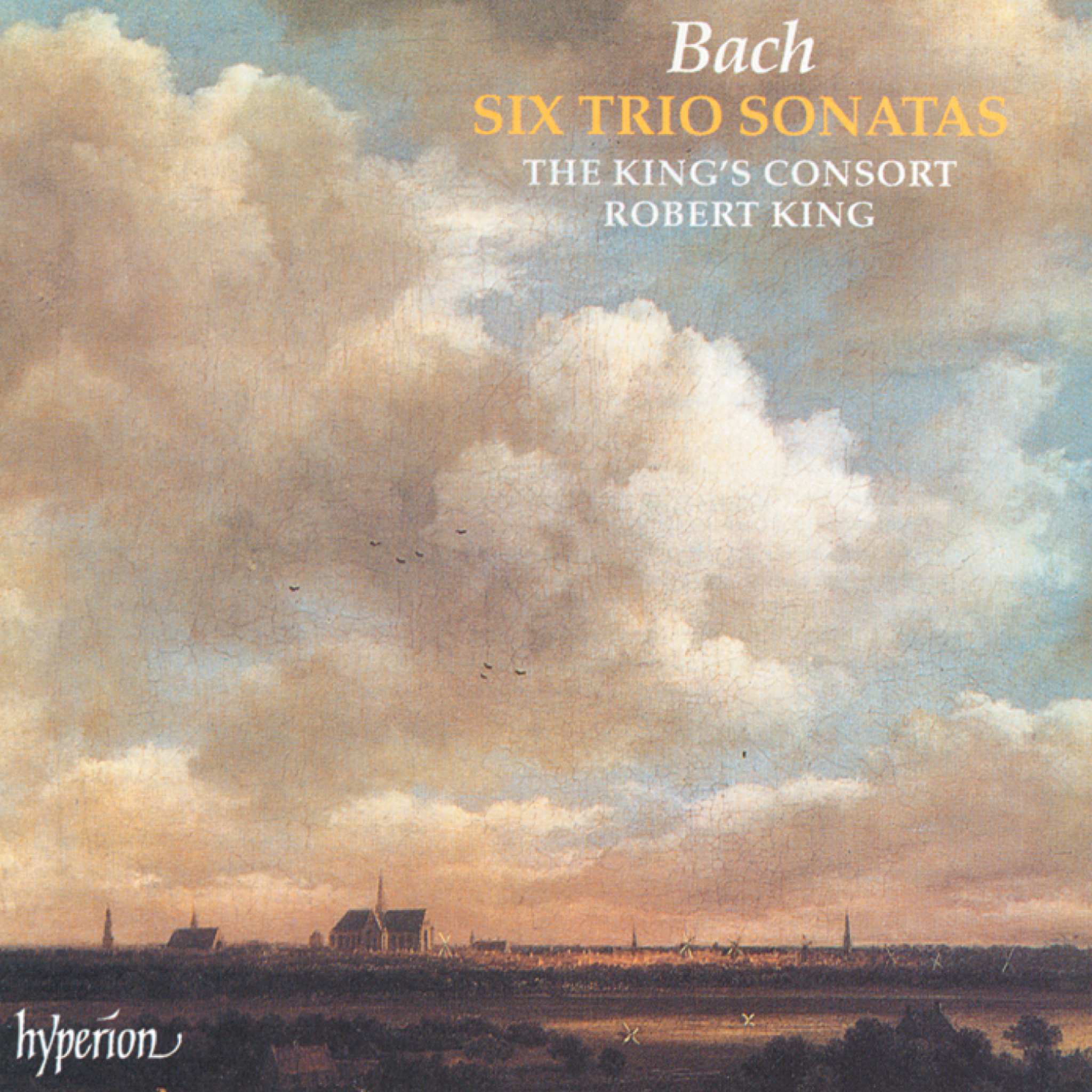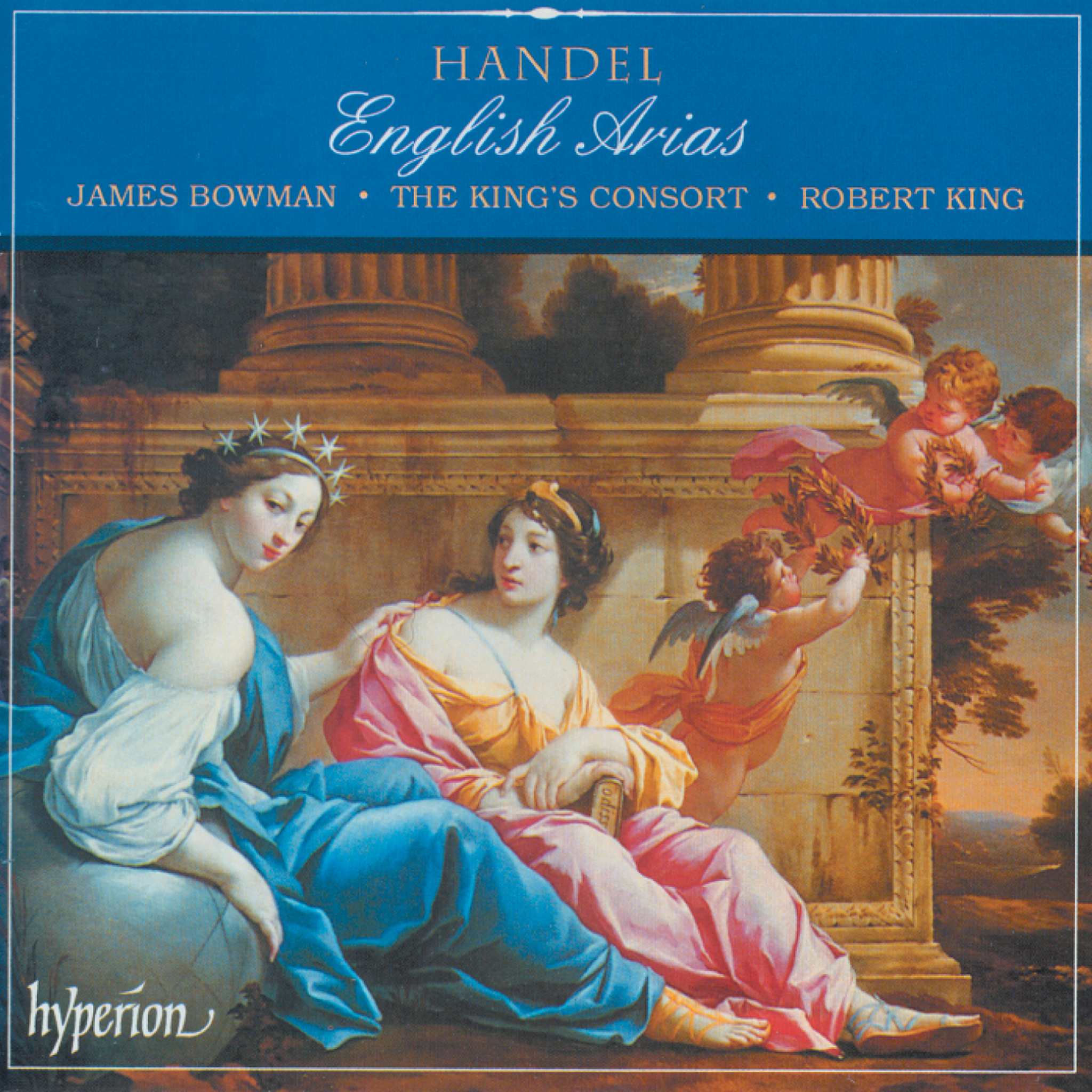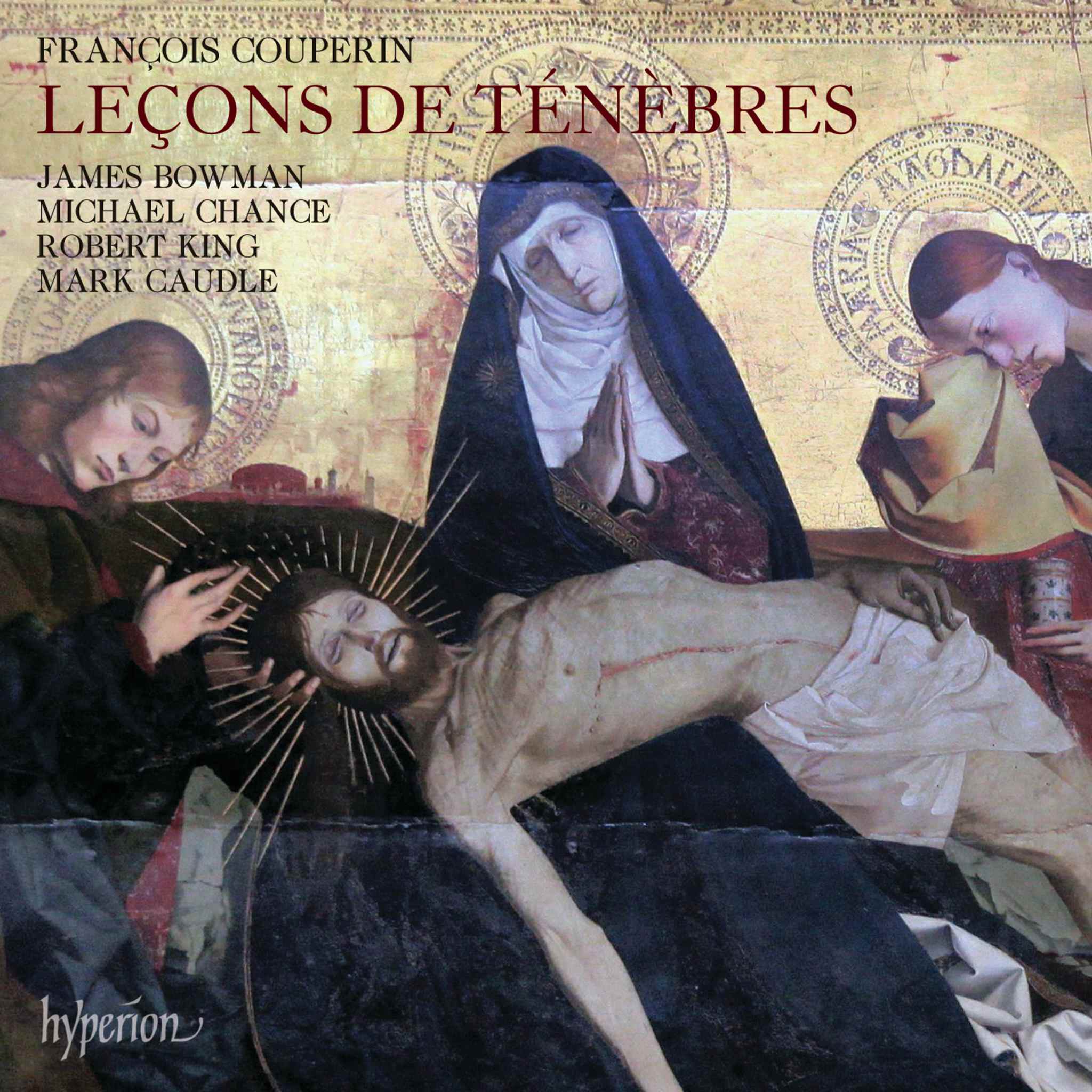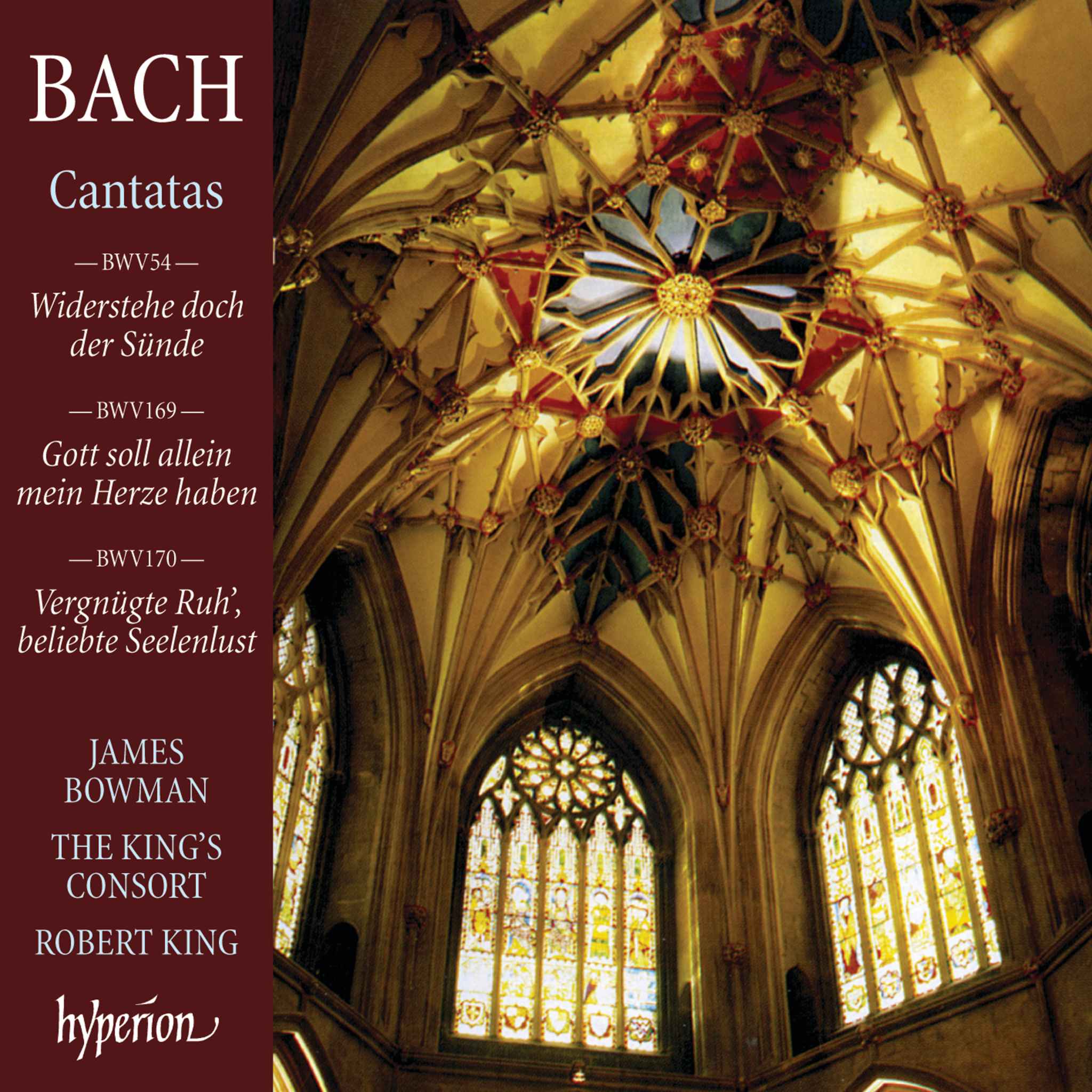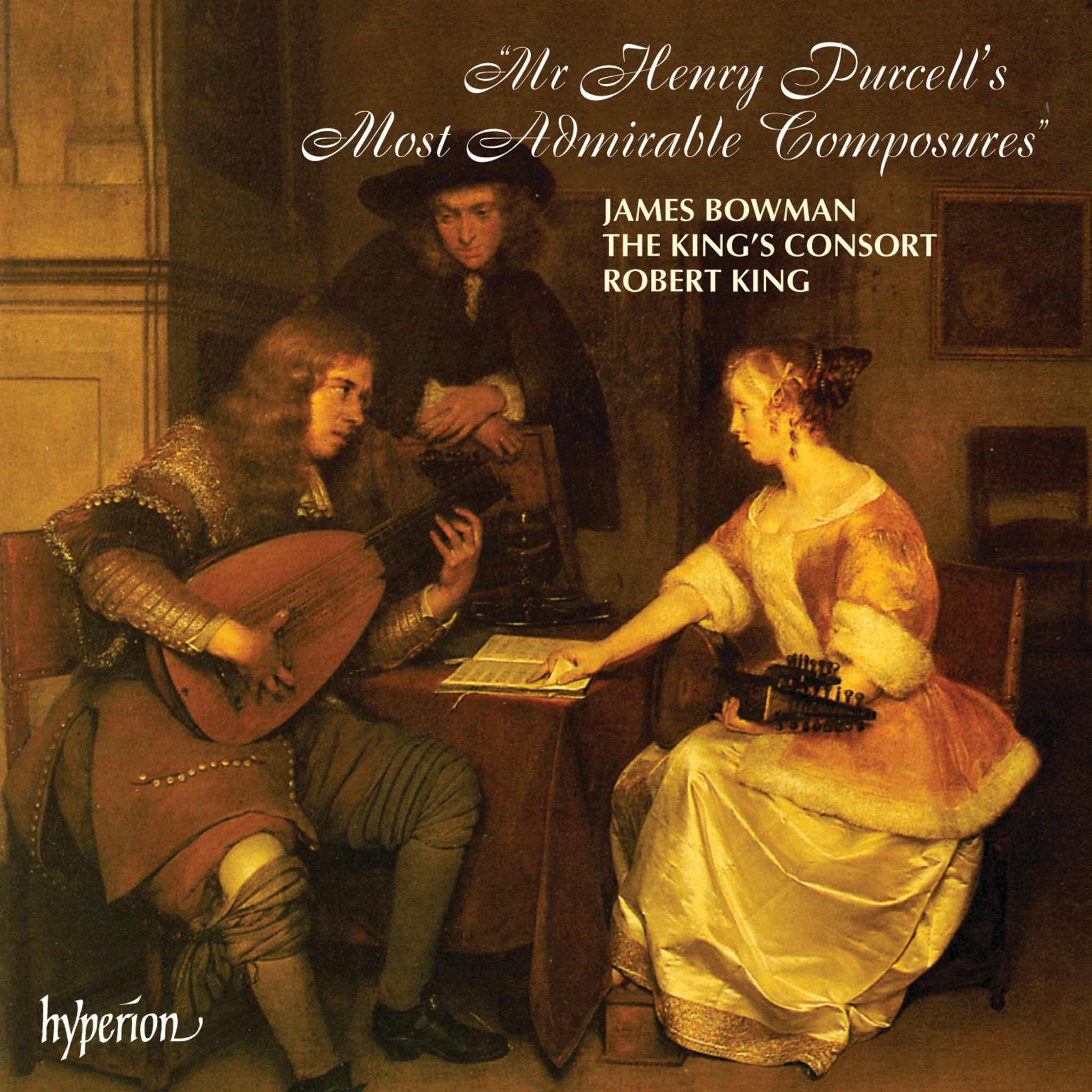Während der Herrschaft von Elisabeth I. (1558-1603) erlebte England eine Blütezeit, die als "Goldenes Zeitalter" bekannt wurde. Diese Epoche zeichnete sich durch außergewöhnliche kulturelle und intellektuelle Fortschritte aus und wurde auch als "merry old England" bezeichnet. Das elisabethanische Zeitalter, benannt nach der Regierungszeit der Königin, war im Vergleich zu anderen Perioden relativ friedlich, was ihm den Beinamen "Golden Age" einbrachte.
In dieser Renaissance-Zeit herrschte der Glaube an eine feste Weltordnung, die sogenannte "Great chain of being". Nach dem Sieg über die spanische Armada im Englisch-Spanischen Krieg erblühten Kunst und Wissenschaft in einer Atmosphäre nationalen Selbstbewusstseins. Elisabeth I., auch als "Jungfräuliche Königin" oder "Gute Königin Bess" bezeichnet, etablierte die Church of England als Staatskirche und wählte einen Mittelweg zwischen katholischem und protestantischem Glauben.
Diese Ära legte den Grundstein für das spätere British Empire und die Kolonialisierung. Durch die Seefahrt wurden bedeutende wissenschaftliche Entdeckungen gemacht, während gleichzeitig das Theater an Bedeutung gewann. Trotz eines hohen Bevölkerungswachstums, das zu Armut sowohl in ländlichen als auch städtischen Gebieten führte, entwickelte England einen eigenen Kunststil.
Die Musik nahm im Alltag der Menschen einen wichtigen Platz ein. Elisabeth selbst hatte seit ihrer Jugend eine musikalische Ausbildung genossen und blieb auch nach ihrer Thronbesteigung musikalisch aktiv. Sie nutzte aufwändige musikalische Veranstaltungen nicht nur zur Unterhaltung, sondern auch geschickt für politische Zwecke, besonders bei Empfängen ausländischer Würdenträger.
Fortschritte im Verlagswesen ermöglichten die Veröffentlichung zahlreicher Musiksammlungen. Das Consort-Lied, eine englische Innovation, erfreute sich neben dem Madrigal großer Beliebtheit. Die zunehmende Verbreitung der Laute führte zur Herausgabe spezieller Lehrbücher mit Übungsstücken.
Das elisabethanische Zeitalter endete mit dem Tod Elisabeths im Jahr 1603, als ihr Neffe James VI. den Thron bestieg. Obwohl die kulturelle Blütezeit danach langsam abnahm, hatte diese Periode einen nachhaltigen Einfluss auf die englische Geschichte und Kultur.



